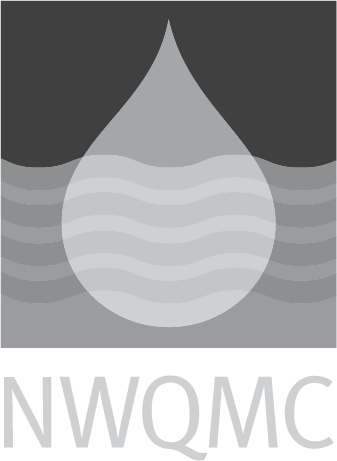EPA-RCA: 8061A: Phthalate Esters in Aqueous and Solid Matrices by GC-ECD
|
Official Method Name
|
Phthalate Esters by Gas Chromatography with Electron Capture Detection (GC/ECD) |
|---|---|
|
Current Revision
| Revision 1, December 1996 |
|
Media
|
VARIOUS |
|
Instrumentation
|
Gas Chromatography with Electron Capture Detection |
|
Method Subcategory
|
Organic |
|
Method Source
|
|
|
Citation
|
|
|
Brief Method Summary
|
Samples are extracted and cleaned up (according to sample matrix), then analyzed by gas chromatography with electron capture detection. |
|
Scope and Application
|
This method determines the concentration of phthalate esters in groundwater, leachate, soil, sludge, and sediment by using gas chromatography with electron capture detection. |
|
Applicable Concentration Range
|
Not Available. |
|
Interferences
|
In order to avoid problems with contamination and/or interferences, the following steps should be taken: additional cleanup procedures for unique samples; glassware must be scrupulously cleaned and muffled or rinsed with pesticide-grade solvent immediately before use; Florisil and alumina must be packaged in glass and heated appropriately before their use (which should be kept to a minimum); paper thimbles and filter paper must be exhaustively washed with extraction solvent for 12 hours, repeated three times with fresh solvent and stored in precleaned glass jars covered with aluminum foil; method blanks must be obtained before using any of the precleaned thimbles and filter paper; use only treated Pyrex wool, pesticide grade, which has been baked immediately prior to use; sodium sulfate must be packaged in glass, heated or cleaned with methylene chloride and stored for up to two weeks in either glass bottles covered with glass-stoppers or precleaned aluminum foil; elemental sulfate can be removed as per Method 3660; and waxes and lipids can be removed by gel permeation chromatography. |
|
Quality Control Requirements
|
Refer to Chapter One and Methods 8000, 3500, and 5000 for specific QC procedures. Procedures include: validation of sample preparation, introduction, and analysis, initial demonstration of capability, calibration verification, evaluation of retention times, analysis of method blanks, matrix spikes, duplicates, surrogates, and laboratory control samples. |
|
Sample Handling
|
See SW-846 Chapter Four for information. |
|
Maximum Holding Time
|
See SW-846 Chapter Four for information. |
|
Relative Cost
|
$201 to $400 |
|
Sample Preparation Methods
|
Methods 3500, 3510, 3535, 3600, 3610, 36 |




